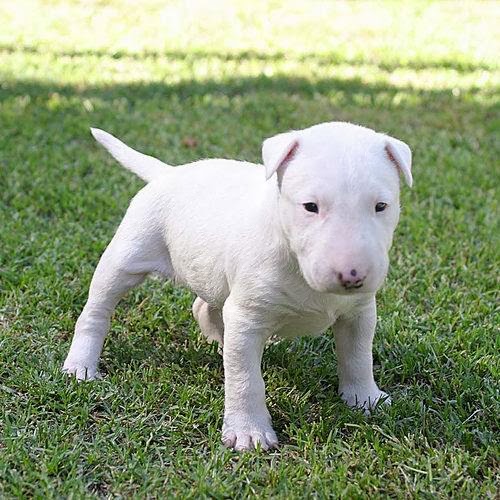DENSITY
INTRODUCTION:
The purpose of this experiment is to determine the density of water, oil and alcohol.
MATERIALS:
- Scales - Oil - 3 glasses - Alcohol - Water - Test tube
STEPS:
1.- At first to weight the liquids.
2.- Then to weight the glass.
3.- Next to measure 100 ml of water in the glass and to determine the mass to subtract the value of glass ( to repeat the step with th eoil and alcohol).
4.- Finally to calculate the density of water, oil and alcohol.
RESULTS:
SUBSTANCES MASS VOLUME DENSITY
Water 18.3 g 20 ml 0.91 g/ml
Oil 12.2 g 20 ml 0.61 g/ml
Alcohol 19.9 g 20 ml 0.64 g/ml
DISCUSSION:
We found that our hypothesis was correct as we predicted because the water is more dense.









